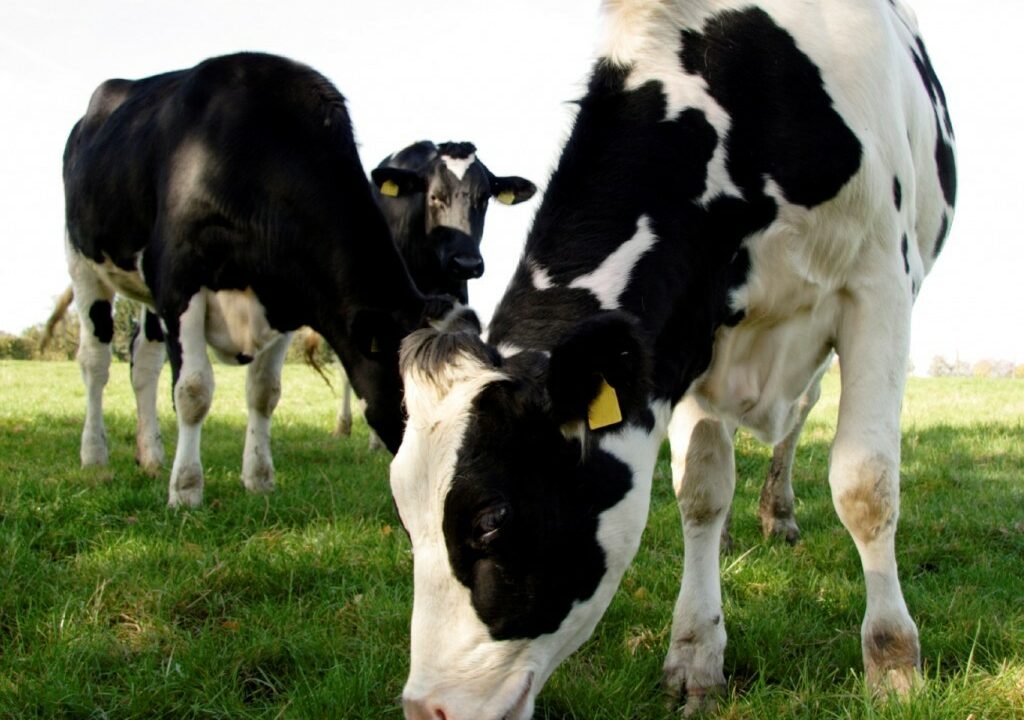Strathroy Dairy’s handling of its ‘peak milk’ challenge, relative to the steps taken by Glanbia when confronted with the same issue, is worthy of comment.
In the case of the Tyrone-based processers, its farmer suppliers were told – courtesy of a single letter – that a final decision had been taken.
It was all about putting the needs of the company first; there was no requirement for farmer meetings and that was, essentially, the end of the matter.
Glanbia, on the other hand, highlighted the problem, put forward a plan of action and then took the trouble of canvassing its suppliers on the matter.
Different approaches to ‘peak milk’
So why the different approaches? In my view, the answer is very simple – Glanbia Ireland is a co-op, whereas Strathroy Dairy is a family-owned business.
Co-ops will always put their members first. By definition, they have to at least canvass members prior to making final decisions.
This is why Glanbia members can access the likes of a pension scheme and other support measures, which at least recognise the impact of the peak milk challenge on their farming businesses.
Co-ops looking after members
Strathroy will make the point that it is the co-op’s members who are actually paying for the pension scheme themselves. At the end of the day, the co-op’s money belongs to the members and no one else.
Up to a point this is right. But, fundamentally, every co-op is mandated to look after the needs of its members in what is deemed to be the most effective way possible.
Private companies need only look after the bottom line of the business with all decisions – short-term and long-term – taken with this sole objective in mind.
Glanbia took a bit of a roasting when the ‘peak milk’ issue was first highlighted. Now we have an opportunity to gauge how a privately-owned business can handle the same conundrum.
Co-ops have created stability
Personally, I think farmers should look long and hard at how their interests can be managed when it comes to taking decisions that fundamentally impact on their futures.
It strikes me that dairy co-ops in Ireland have delivered a tremendous degree of transparency over the past decades when it comes to putting the needs of its members first.
These organisations have also delivered tremendous stability within the sector.
So much for the theory! But irrespective of the steps that were actually taken to deal with the problem, both Glanbia and Strathroy were equally slow off the mark when it came to addressing the peak milk issue in the first place.
Surely they should have both known that problems were coming down the tracks ages ago, and taken steps to flag the issue up with their farmer-suppliers much earlier.
